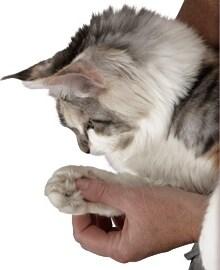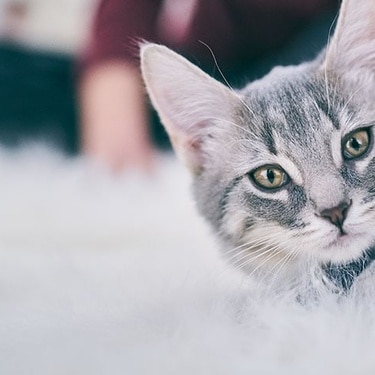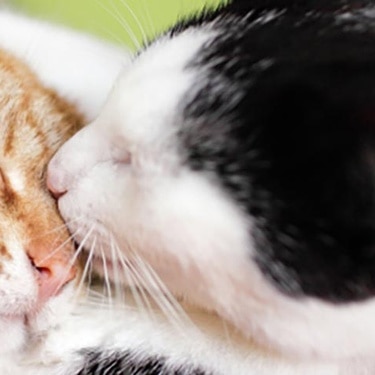
-
Find the right food for your petTake this quiz to see which food may be the best for your furry friend.Find the right food for your petTake this quiz to see which food may be the best for your furry friend.Health CategoryFeatured products
 Adult 6+ Large Breed Chicken Meal, Barley & Rice Recipe Dog Food
Adult 6+ Large Breed Chicken Meal, Barley & Rice Recipe Dog FoodSupports energy level, joint health, and beautiful coat in large breed mature dogs
Shop Now Healthy Mobility Large Breed Chicken Meal, Barley & Brown Rice Recipe Dog Food
Healthy Mobility Large Breed Chicken Meal, Barley & Brown Rice Recipe Dog FoodAdvanced nutrition shown to support joint health and improve mobility
Shop Now Adult Perfect Weight & Joint Support Chicken & Brown Rice Recipe Dog Food
Adult Perfect Weight & Joint Support Chicken & Brown Rice Recipe Dog FoodThis weight management and mobility support dog food was created with Hill’s unique understanding of the biology of overweight dogs.
Shop NowFeatured products Adult Perfect Weight Salmon & Vegetable
Adult Perfect Weight Salmon & VegetableOver 70% of cats lost weight within 10 weeks when fed this nutrition
Shop Now Adult Indoor Savory Chicken Entrée Cat Food
Adult Indoor Savory Chicken Entrée Cat FoodPrecisely balanced nutrition for indoor cats with the delicious taste of savory minced chicken
Shop Now Kitten with Salmon
Kitten with SalmonPrecisely balanced nutrition with the delicious taste of minced salmon to help build immunity and a healthy digestive system
Shop Now -
DogCat
- Cat Tips & Articles
-
Health Category
- Weight
- Skin & Food Sensitivities
- Urinary
- Digestive
- Kidney
- Dental
- Serious Illness
-
Life Stage
- Kitten Nutrition
- Adult Nutrition
Featured articles The Right Diet For Your Pet
The Right Diet For Your PetLearn what to look for in healthy pet food & nutrition, including ingredients, quality of the manufacturer, your pet's age, and any special needs they have.
Read More Pet Food Storage Tips
Pet Food Storage TipsWhere you store your cat and dog food can make a big difference in the quality and freshness once it is opened. Here are some common questions and recommendations for optimal storage for all of Hill’s dry and canned cat and dog food.
Read More Water
WaterWater is the most important nutrient of all and essential for life. Animals can lose almost all their fat and half their protein and still survive, but if they lose 15% of their water, it will mean death.
Read More -


 Why you're as important as the vet to your kitten's health
Why you're as important as the vet to your kitten's health
A good healthcare routine for your kitten starts at home. Just as in humans, prevention is much better than cure. As the person who knows your kitten best of all, nobody could be better qualified than you to become the 'eyes' and 'ears' of your vet.
Good habits start young
It's important you get your kitten used to being regularly handled and checked over by you. This makes life a lot easier for everyone. Here are some things to look out for:
Is your kitten getting fat?
You don't want your kitten piling on the pounds. But being underweight isn't good either and can be a sign of illness. Your vet should keep a record of your kitten's weight and growth. You can also ask your vet for the best way to track your kitten's growth yourself to ensure that she is on track to grow up happy and healthy.
If you're at all worried about your kitten's weight, book an appointment with your vet.
Does your kitten's coat look healthy?
Your kitten's coat should gleam with health. Check it for flakes, scales or cuts. Are there any fleas or flea dirt in evidence? Is her coat dull or matted - this could indicate a nutrient deficiency or disease. Talk to your vet if you're worried.


Tasty Tips
Check your kitten's, eyes and ears
Look closely at your kitten's eyes. Is there any discharge? Are the whites free of any redness? Gently pull down the lower eyelid - this area should be pink.
Now have a look at her ears. These should be clean, pink, free of dirt and free of any strong odor. Check for wax, especially dark wax, which may be a sign or ear mites or infection.
Any worries you have about your kitten's eyes or ears should be discussed with your vet.
Check your kitten's teeth and gums
Gently open your kitten's mouth. Do her gums look pink and healthy? Are her teeth free of tartar build-up (which looks yellow or brown in color)? You shouldn't usually find any tartar deposits on kittens' teeth. Does her breath smell ok?
Dental problems in cats are very common. You can help by getting into the habit of cleaning your kitten's teeth three times a week. Meat and fish flavored cat toothpaste can be bought from most vets and pet food shops. A small soft children's toothbrush is fine, just make sure you keep it completely separate from the rest of the family's brushes. Alternatively, you can buy special cat toothbrushes from your vet.
Once your kitten is an adult, your vet may recommend feeding Science Diet Adul Oral Care cat food. This has been shown to significantly reduce the build up of plaque, tartar and stains.
Inspect your kitten's claws and footpads
Are they free of cuts and cracks?
Do her nails need a trim?
Know what's normal for your kitten
Perhaps the most important part of any home health check is simply learning what's 'normal' for your kitten. Are there any unusual lumps or bumps, for example? If there's anything that worries you, call your vet straight away.
Related products

Precisely balanced nutrition for indoor cats with the delicious taste of savory minced chicken

Precisely balanced nutrition with the delicious taste of minced salmon to help build immunity and a healthy digestive system

Over 70% of cats lost weight within 10 weeks when fed this nutrition

Over 70% of cats lost weight within 10 weeks when fed this nutrition
Related articles

HillsPet Nutrition provides information on proper nutrition, fitness and special needs in keeping your cat healthy and happy.

Being overweight puts a cat at risk for developing many serious health issues. Weight gain indicates an increase in body fat and usually results when your cat eats too much and exercises too little.

As a responsible pet owner you owe it to yourself and your cat to understand problems associated with overweight cats.

Get helpful information on proper feline oral healthcare and why it's so vital to take care of your cat's teeth.

Put your cat on a diet without them knowing
Our low calorie formula helps you control your cat's weight. It's packed with high-quality protein for building lean muscles, and made with purposeful ingredients for a flavorful, nutritious meal. Clinically proven antioxidants, Vitamin C+E, help promote a healthy immune system.
Put your cat on a diet without them knowing
Our low calorie formula helps you control your cat's weight. It's packed with high-quality protein for building lean muscles, and made with purposeful ingredients for a flavorful, nutritious meal. Clinically proven antioxidants, Vitamin C+E, help promote a healthy immune system.


